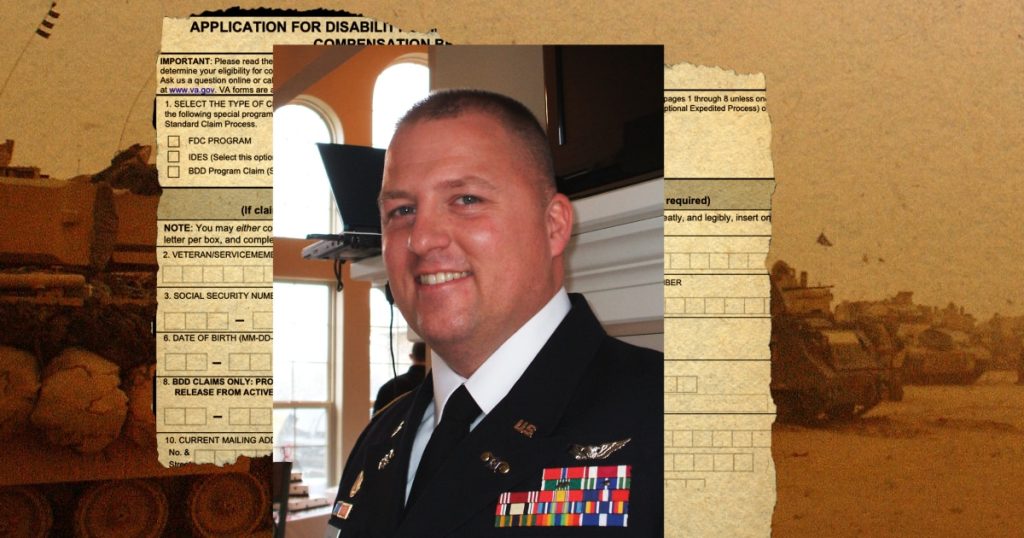The Department of Veterans Affairs has recovered billions of dollars from veterans who received special separation pay incentives after leaving the military, particularly when the military needed to downsize. In the last 12 fiscal years, disabled veterans have been asked to return nearly $3 billion in such payments. Since 2013, around 122,000 veterans have returned over $2.5 billion, with $364 million still outstanding. These repayments cause financial and emotional distress for many veterans and their families, as they are legally required to repay the incentives before they can receive disability compensation.
Many disabled veterans have faced hardships and despair due to an obscure federal law that prohibits them from receiving both separation payouts and disability compensation. Veterans like Damon Bird and Salahudin Majeed have shared their struggles in repaying the special separation benefits they received. Bird, diagnosed with service-connected bladder cancer and PTSD, saw his disability payments withheld until he repaid his separation pay. Majeed, who used his payout for a down payment on a house, was told to repay the full incentive to receive disability compensation, leading to feelings of depression and abandonment.
Advocates argue that the recoupment statute, which prohibits veterans from receiving two government benefits simultaneously, should not apply to separation payouts unrelated to disabilities. These incentives were designed to help the Defense Department manage its force size, while disability compensation is meant for injuries or illnesses sustained during service. Veterans like John Colage are fighting legal battles in court to contest the VA’s decision to recoup their special separation benefits. Colage, who survived a naval explosion, received an SSB payout in 1992 and was told to repay it in 2017 when he filed for disability compensation for PTSD and other conditions.
Disabled veterans have long been concerned with the law that requires them to repay separation benefits before receiving disability compensation. Studies have shown that thousands of veterans have been affected by this law, with many forced to repay these benefits. Despite efforts by Congress to address the issue, current legislation to reverse the recoupment requirement has been slow, as it is costly to implement. Representatives like Ruben Gallego are working to eliminate this requirement and provide relief to veterans who have been adversely affected by it.
Veterans who were not aware of the law when they received separation incentives have been left to make significant life changes to repay the funds. For veterans like Bird, who used the money to build a new life and establish themselves in civilian careers, the sudden demand for repayment has caused financial instability. Many veterans have had to move, change jobs, or seek assistance from family members due to the withholding of disability payments until they repay their separation benefits.
Overall, the issue of veterans being asked to repay incentives before receiving disability compensation has caused significant financial and emotional stress for many disabled veterans. The recoupment statute, which traces back to a 1949 law, is now being challenged by veterans and advocates who argue that it unfairly links two separate forms of benefits. Efforts to reverse this requirement are underway in Congress, but progress has been slow. In the meantime, veterans continue to struggle with the consequences of these repayments on their daily lives and financial stability.


